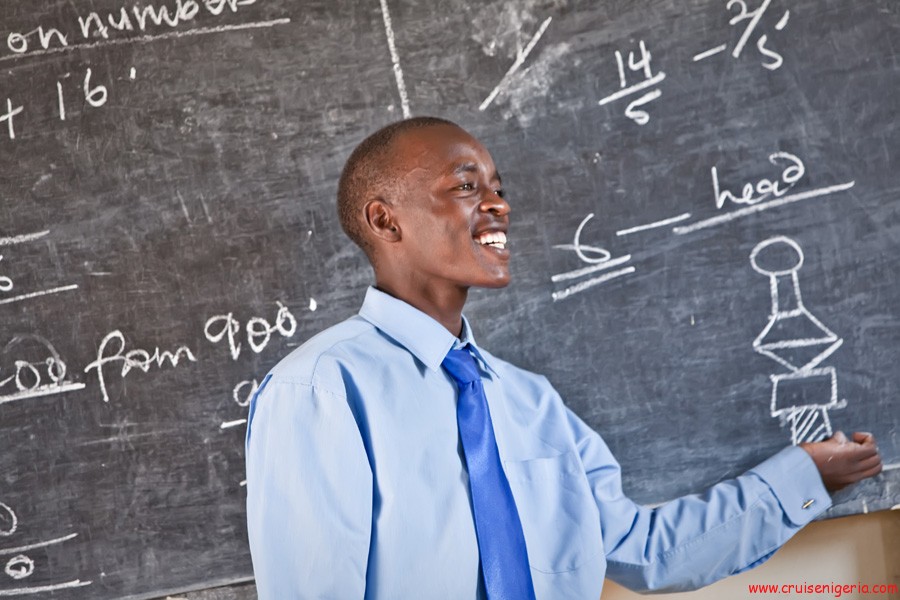There Is Shortage Of Teachers In Schools-UBEC
The Universal Basic Education Commission (UBEC) has raised the alarm over the shortage of teachers in public schools in Nigeria, lamenting that the Covid-19 pandemic reduced teachers in public primary and junior secondary schools by 29 per cent.
Executive Secretary, UBEC, Dr. Hamid Bobboyi stated this Monday in Abuja at a one-day meeting on promoting partnership with the organised private sector and other key stakeholders in the implementation of UBE Programme.
Dr Bobboyi who called for synergy between the government and private sector in addressing the myriads of challenges confronting the basic education sub-sector, pointed out that the over N100billion yearly funding for the sub-sector was insufficient.
He therefore called on the private sector to join hands with the government in tackling the challenges.
Latest figures unveiled by the United Nations Educational, Scientific and Cultural Organisation (UNESCO) indicated that 5.4 million teachers are needed at primary level in sub-Saharan Africa, and 11.1 million teachers at secondary level, to reach universal basic education by 2030.
According to Bobboyi, the over N100billion funding expended on basic education by the Federal Government through the Commission was grossly inadequate considering the infrastructural deficit in the sector and provision of critical materials.
“Nationally, we have serious challenges in different parts. The infrastructure that we need outweighs the resources that we have.
“We need to also make sure that we provide the instructional materials required. We can get the teachers – and they are the pivots – to be well trained, engaged, paid a decent salary and have the necessary materials that they can work with. Unfortunately, we have not been meeting these tasks. The number of teachers we have, particularly during the COVID-19 – have declined. Covid has almost decimated our teachers particularly in public schools where you have about 29 per cent reduction in the number of teachers who are going to the classroom.
“Despite the efforts of the Federal Government, our other partners are not providing these essential materials. So we need to come together to strategise, to see what we can do together to make a difference in the lives of our children,” he said.
Also, a 2022 report by the UNESCO said Nigeria has an over 20 million out-of-school children, the highest in Africa and third globally.
Bobboyi expressed concern at the development, saying this was part of the agenda at the meeting with the private sector.
He said Nigeria has over 45 million children in the basic education sub-sector, adding that “The meeting was aimed at exploring ways of building functional relationship with the private sector to find ways of bringing the private sector to help with the development of the sub-sector, to work out a programme that can be beneficial to the development of basic education in the country.
“Every year, on the average, the Federal Government is putting in N100billion in the sub-sector. The resources from the Federal Government alone cannot run the system.
“An aspect that we are not always involved in but we always raise is the issue of teachers. Unless we can pay our teachers well, compensate them properly, motivate them it is very difficult for them to deliver the kind of education that we all think about”.
In their separate submissions, representatives of Oando Foundation, Aliko Dangote Foundation, Aspire Coronation Trust Foundation, Civil Society Action Coalition on Education For All (CSACEFA) among others, called for synergy between the Commission and the private sector, while promising to scale up their various education interventions in the sub-sector.




